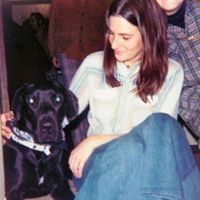What game was accidentally created by French mathematician Blaise Pascal, while experimenting his theories on motion?
Blaise Pascal was born on June 19, 1623, in Clermont-Ferrand, France. He was a French mathematician, physicist and religious philosopher who came up with Pascal’s principle of pressure which became the foundation for the modern theory of probabilities.
Between 1642 and 1644, Pascal conceived and constructed a calculating device, the Pascaline, in order to help with his father's tax calculations. In many ways it could be considered the first digital calculator.
In the 1650s, Pascal was trying to create a perpetual motion machine. In the process, he stumbled upon and accidentally invented, in 1655, Pascal's roulette machine. He derived its name from the French word for "little wheel."
After the roulette machine Pascal began corresponding with mathematician Pierre de Fermat. In discussing gambling, with Fermat, he found that there is a fixed likelihood of a particular outcome when it comes to the roll of the dice. This discovery was the basis of the mathematical theory of probability.
In the late 1960s, Swiss computer scientist Nicklaus Wirth invented a computer language and named it after Pascal. Wirth did this to commemorate Pascal for inventing the Pascaline, one of the earliest forms of the modern computer.
More Info:
www.thoughtco.com









